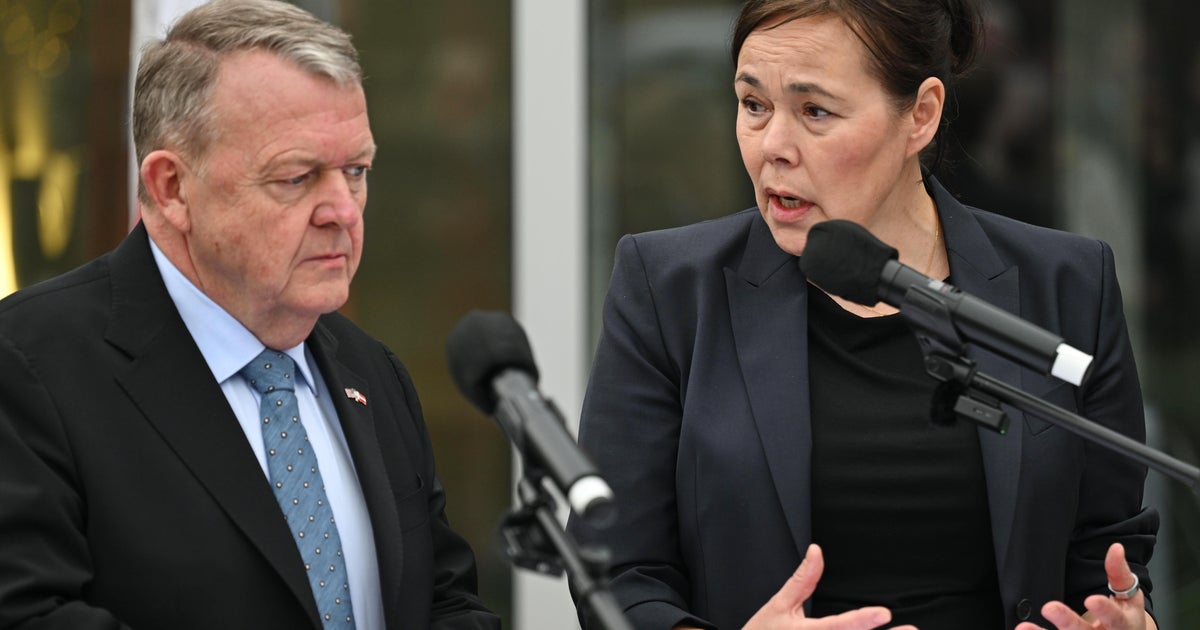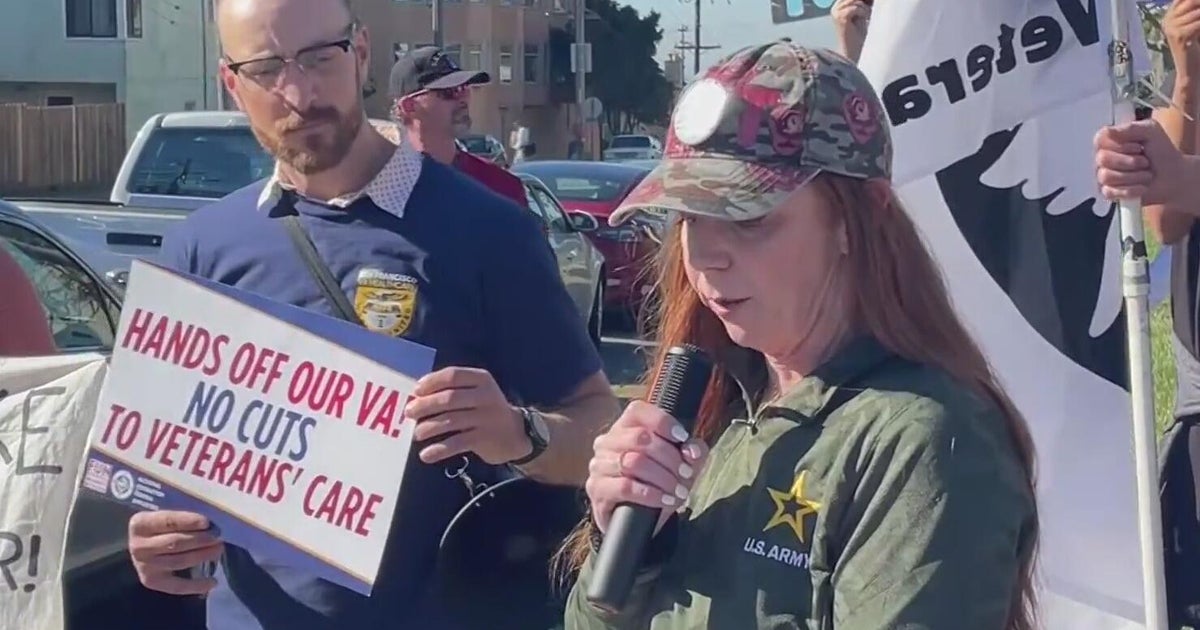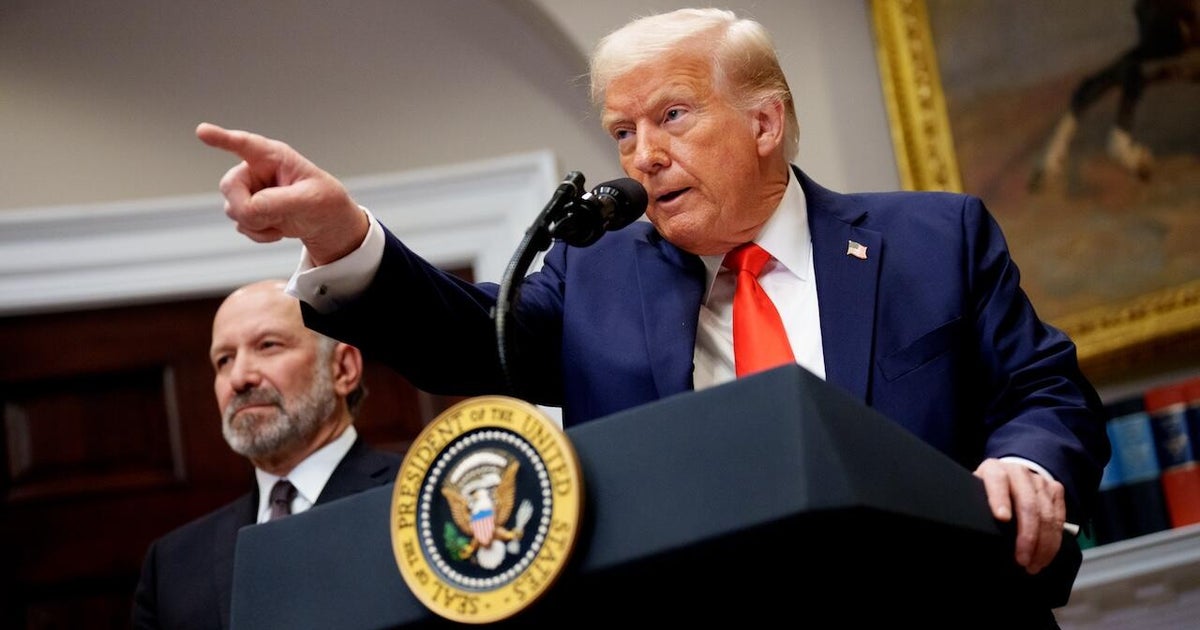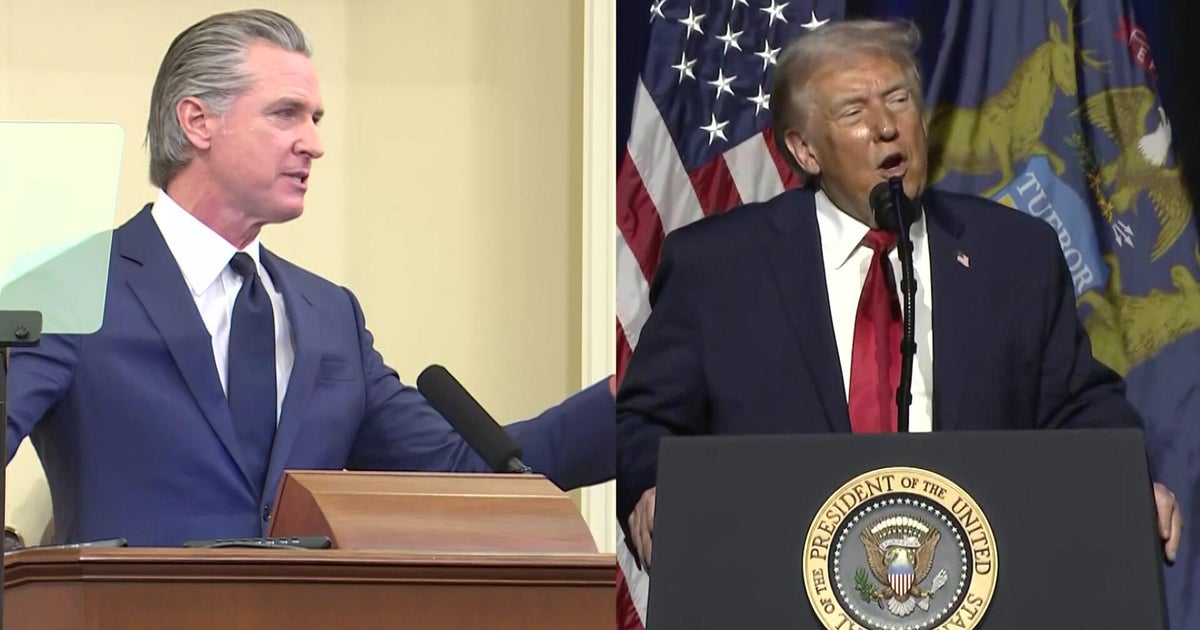Jerry Falwell Jr.: I turned down Cabinet position
RICHMOND, Va. -- Liberty University President Jerry Falwell Jr. says president elect-Donald Trump offered him the job of Secretary of Education, but he turned it down for personal reasons.
Falwell told The Associated Press on Saturday that Trump offered him the job last week during a meeting in New York. He says Trump wanted a four- to six-year commitment, but Falwell says he couldn’t leave Liberty for more than two years.
Falwell says he couldn’t afford to work a cabinet-level job in Washington for longer than that and didn’t want to move his family, especially his 16-year-old daughter.
Trump announced Wednesday he had selected charter school advocate Betsy DeVos for the job.
Falwell says he thinks DeVos is an “excellent choice.”
Liberty University in Lynchburg, Virginia, is a Christian university and popular campaign stop for conservative politicians. Falwell enthusiastically endorsed Trump in January.
But late in the campaign, a group of students at the university called Liberty United Against Trump publicly rebuked Trump and Falwell’s support. In a letter, they said Trump “does not represent our values and we want nothing to do with him ... Not only is Donald Trump a bad candidate for president, he is actively promoting the very things that we as Christians ought to oppose.”
Now, students, faculty and others say they’re coming back together and are optimistic, like evangelicals elsewhere, that a Trump administration will mean progress on some of the religious right’s most important issues after years of culture wars losses.
“It’s a family fight,” said Johnnie Moore, a Liberty alumnus who worked there for 13 years and now runs a consulting company and serves on Trump’s evangelical advisory board. “We disagree on lots of things, but, in the end, most evangelicals in this county are very concerned about religious liberty, and they’re very pro-life. And that’s just what it comes down to.”
Nestled in the foothills of the Blue Ridge mountains in central Virginia, Liberty was founded in 1971 by evangelist and Moral Majority leader the Rev. Jerry Falwell with just 154 students. It now has a residential enrollment of more than 15,000 students and a massive online education presence, with 94,000 students.
It’s become a popular campaign stop. Texas Sen. Ted Cruz launched his presidential bid here. Sen. Bernie Sanders, Ben Carson, Gary Johnson and President-elect Donald Trump visited, too.
Election results show Trump won about 85 percent of the vote at the precinct comprised of on-campus student housing, a percentage even higher than the 81 percent of white evangelicals that exit polls show voted for Trump nationwide - though some college students vote in their home states.
Those results, however, belie the rift Trump’s candidacy caused.
Many Christians at Liberty and elsewhere wondered how they could back a twice-divorced, profane candidate who said he’s never sought God’s forgiveness for his sins, botched Bible references and mistook a communion plate for a donation plate. Some evangelical leaders denounced Trump, who came in fourth in the March primary in the precinct, but Liberty President Jerry Falwell Jr. enthusiastically endorsed him in January.
Mark DeMoss, a powerful Board of Trustees member and longtime adviser to the late Falwell Sr., rebuked the endorsement before being asked to leave the committee he chaired and eventually resigning from the board altogether. A group of students said they got 2,000 verified Liberty signatures on an anti-Trump statement criticizing Falwell for supporting the candidate after vulgar comments he made about women came to light.
Meanwhile, a stream of Trump surrogates came to Liberty’s mandatory three-times-a-week convocation meetings leading up to the election.
Junior Joel Schmeig wrote an anti-Trump column that Falwell removed from the school newspaper. Schmeig says that although that frustrated him, it didn’t change his view of Liberty. A prospective student recently asked whether he should consider attending, and “I’m going to tell him 100 percent yes,” Schmeig said.
Many students say they framed their election decision as a choice: following their conscience or strategically picking the candidate with best chance of making progress on their priorities.
“There were a lot of people who held their nose and voted for Trump,” said Sam Hermann, a junior from Dayton, Ohio.
Most emphasized the importance of the balance of the Supreme Court and abortion. Generally, while many younger evangelicals are more likely than their parents to champion environmental causes and are less concerned about gay marriage, they are often more staunchly opposed to abortion than older evangelicals, public opinion polls show.
“Honestly, I really believe if it wasn’t for the Supreme Court and (late Justice Antonin) Scalia’s seat being open right now, a lot of the evangelicals wouldn’t have voted for him,” said Liz Skeele, a senior from New Jersey who supported the anti-Trump statement.
Even students who didn’t support Trump said they felt able to express differing points of view without being ostracized. Shannon Moyer, a senior journalism major from the Detroit area, said she didn’t have any negative experiences as part of a tiny minority of students who supported Democrat Hillary Clinton.
Falwell, whose influence has risen along with the enrollment and visibility of the school, said in an interview that he was initially attracted to Trump as a businessman and he believed Trump was the only candidate who could have beaten Clinton.
Trump’s election is a “peaceful revolution” that will “forever change our country,” said Falwell, who met with Trump last week to discuss education reform.
While Falwell insisted his endorsement was personal - federal law prohibits tax-exempt organizations from campaigning - student Dustin Wahl, who wrote the Liberty United Against Trump petition, said he felt the line was too blurred.
“Liberty University is not President Falwell. There’s a difference there. And so that’s what we want people to know,” he said.
Dr. Karen Swallow Prior, an English professor and outspoken Trump critic, said the nation was divided by the election, but she didn’t see a major schism at Liberty.
“There’s hurt and confusion among many people and rightly so... We reflect that national mood in some respects, but there is more that unites us than divides us,” she said.





